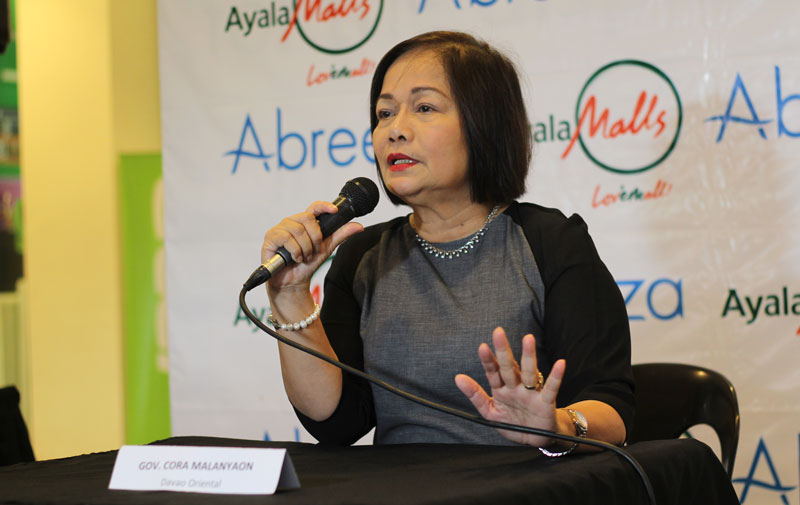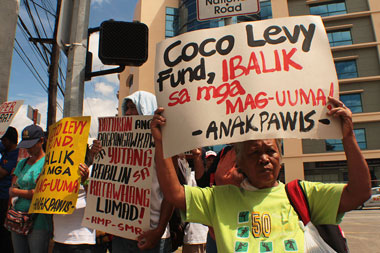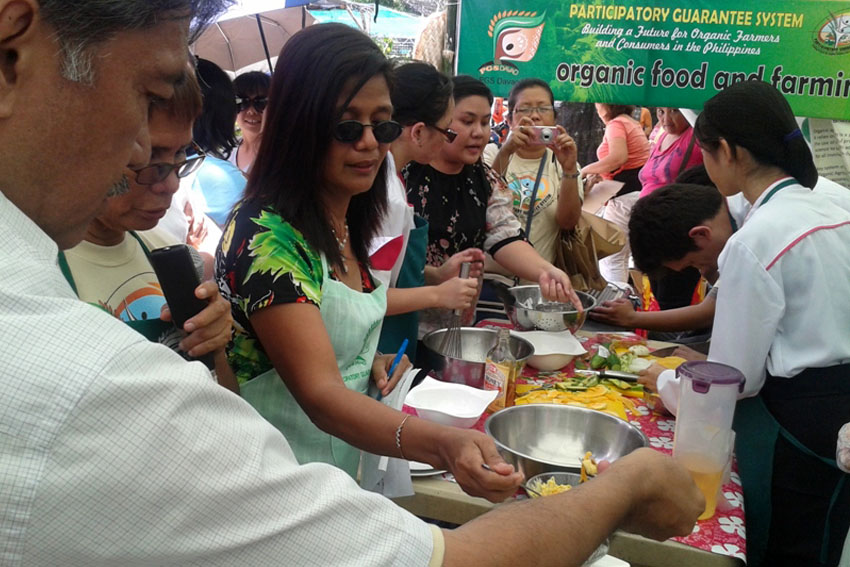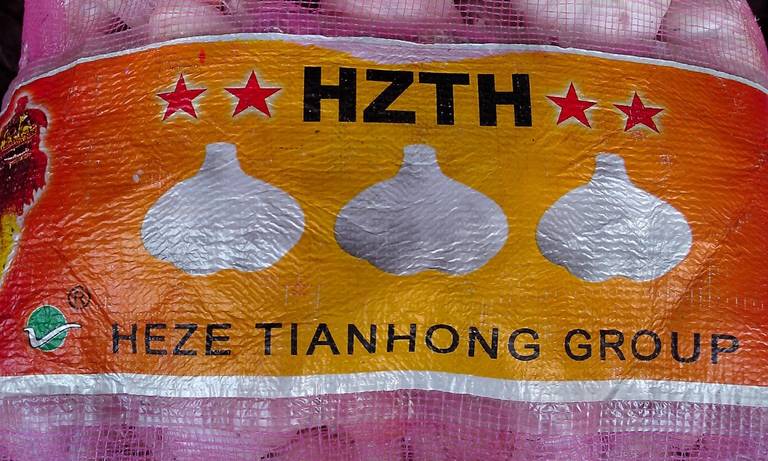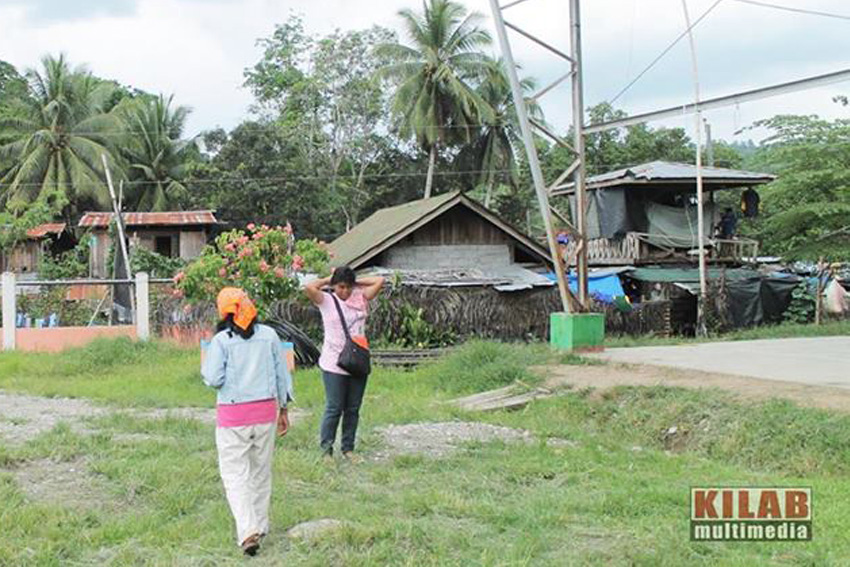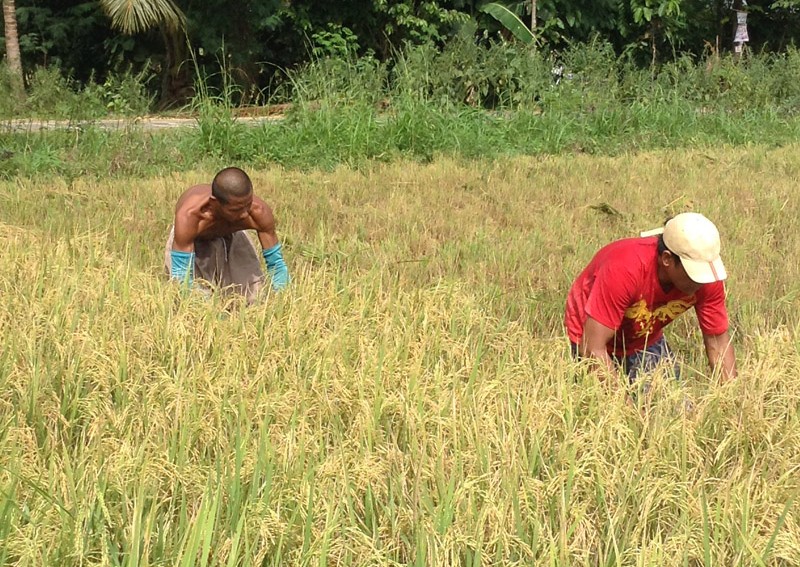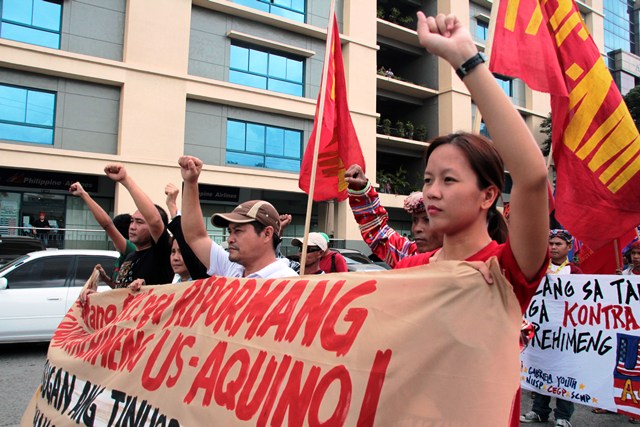Davao Oriental province will take the lead in the Davao Region in shifting to oil palm plantation to address the concern of coconut farmers whose livelihood were hit hard by Typhoon Pablo in 2012.
Typhoon Pablo damaged coconut crops that amounted to a loss of P33 billion.
Organic farms, herbs, and livestock that boost health and nutrition are being showcased at the Kadayawan festival Wednesday through an Organic Food and Product Fair.
Foreign chambers in Davao want to transform Southern Mindanao from an agri-business to an agro-industrial and manufacturing growth corridor to generate growth and employment.
The Department of Agriculture blamed low supply brought about by crop conversion as the main cause in the price hikes in garlic and rice. Militant farmers, however, decried low goverment subsidy and rapid importation as the culprit of the current problems in agriculture.
FADC spokesperson Pedro Arnado told Davao Today that Davao City Mayor Rodrigo Duterte’s proposal to Paquibato farmers to embrace oil palm “may be enticing”, but warns that only businessmen may profit at the expense of farmers.
Three top officials of the Armed Forces of the Philippines will be in the city’s Paquibato District on June 12, Independence Day to declare the rural area “peaceful and development ready”.
Right after grabbing a cup of coffee; I make rounds in my newly established backyard garden to kick-off my day. It is a warm and pleasant sunny day here in the valley, the sun said: Hello! It’s summer time. Proper crop management in the garden is required, especially this summer season. Here are few tips in taking good care of your backyard garden this summer.
Davao City Mayor Rodrigo Duterte who appeared before the Senate Committee on Agriculture and Food hearing Monday said the current state policy on importation of rice does not benefit the Filipino farmers.
“Kasagaran sa mga mag-uuma, inutang ang yuta, mangutang pa og pestisidyo pati similya. Pero pag ibaligya ila produkto, barato ra. Pag sila na ang mopalit, mahal na kaayo (Most farmers rent their lands, borrow pesiticides and seedlings. But when they sell their product, it’s cheap. When they buy the product, it’s expensive),” Arnado said

